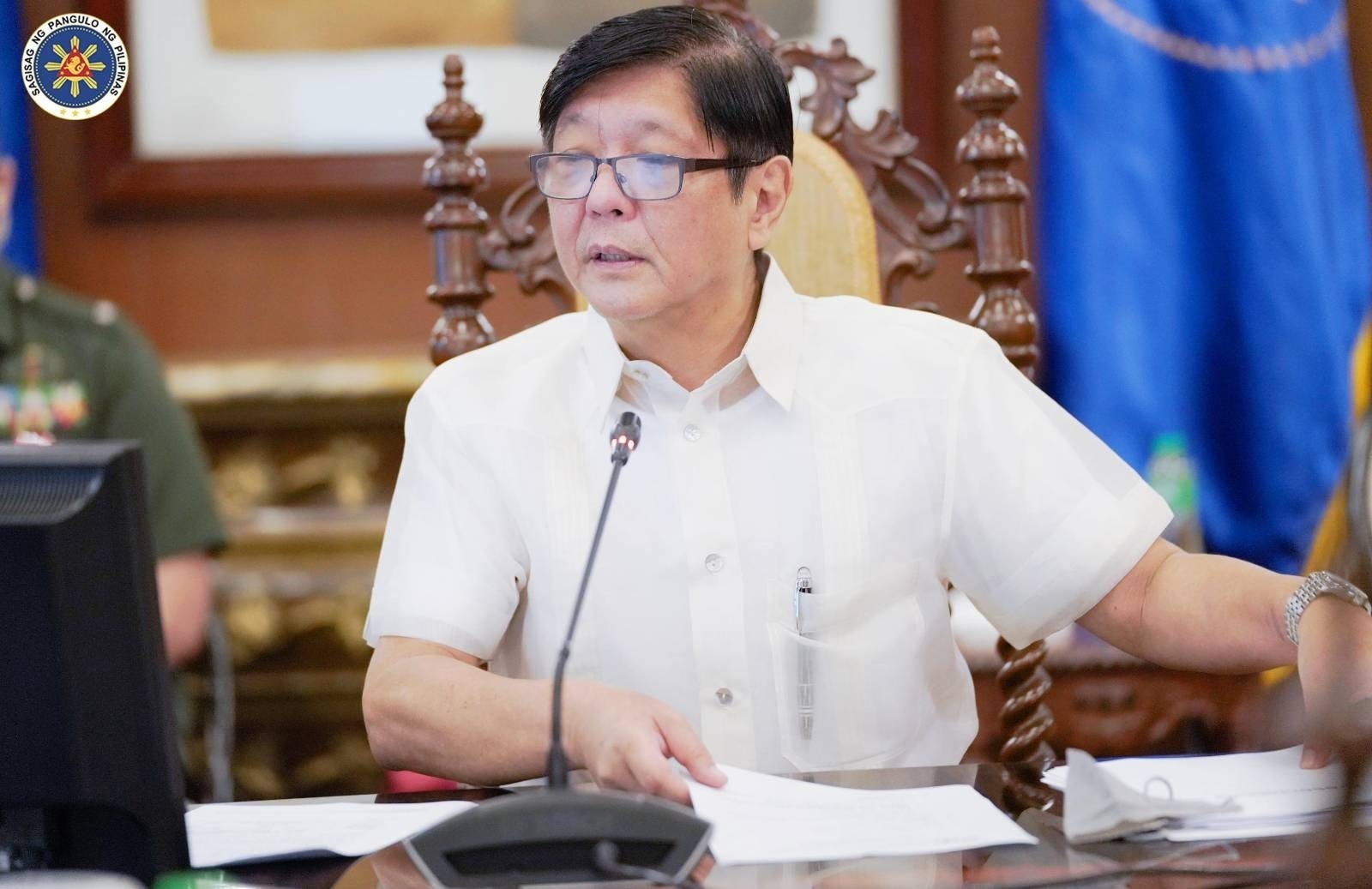News
Marcos calls for ‘rules-based int’l order’ to settle disputes

FILE: President Ferdinand Romualdez Marcos Jr. (Photo: Office of the President/Facebook)
MANILA – President Ferdinand “Bongbong” Marcos Jr. on Wednesday (Manila time) emphasized the importance of adherence to rules-based international order to settle disputes.
Speaking before the world leaders during the 77th session of the United Nations General Assembly (UNGA), Marcos said differences should be resolved “through peaceful means” and “through reason and through right.”
This, as Marcos cited that the United Nations Convention on the Law of the Sea (UNCLOS) and Manila Declaration on the Peaceful Settlement of International Disputes provide “useful guidance for our time.”
“For amidst the challenging global tides, an important ballast stabilizes our common vessel. That is, our open, inclusive, and rules-based international order that is governed by international law and informed by the principles of equity and of justice,” Marcos said.
“Our peoples chose survival. They chose cooperation. They chose peace. And by doing so, they made history. Today, history once again calls to us to make these choices,” he added.
The UNCLOS, adopted in 1982, lays down a comprehensive legal framework governing all activities and uses of the world’s seas and oceans. It also establishes general obligations for safeguarding the marine environment and protecting freedom of scientific research on the high seas.
On the other hand, the Manila Declaration on the Peaceful Settlement of International Disputes is a landmark instrument adopted by the UNGA in 1982 to promote the peaceful settlement of international disputes.
The Philippines, China and several other littoral states are locked in a territorial dispute over the resource-rich South China Sea (SCS) where Beijing claims around 80 percent of the strategic waters.
The Philippines on July 12, 2016 won its petition filed before the Hague-based Permanent Court of Arbitration (PCA) after the arbitral tribunal invalidated Beijing’s claim of supposed historic rights over almost the entire SCS.
China, however, has repeatedly ignored the PCA ruling.
‘Friend to all, enemy of none’
Marcos, in his keynote address, renewed his resolve to pursue an independent foreign policy that makes the Philippines a “friend to all and an enemy of none.”
“As I have underscored, the Philippines shall continue to be a friend to all, and an enemy of none,” he said.
In his first State of the Nation Address delivered on July 25, Marcos said the Philippines will continue to be a “good neighbor” that is seeking collaboration and cooperation to yield “mutually beneficial outcomes.”
Marcos said unity will contribute to the success of all nations.
“The future beckons and we can embark upon that journey as single nations or as a world in harmony. I say let the challenges of one people be the challenges for all nations. And in that way the success of one will be a success for us all,” he told the UN member-states.
“The peoples of the world look to their leaders, to us, to make into reality these aspirations for our future. We must not fail them. And if we stand together, we will not fail them. If we stand together, we can only succeed. Let us dream, let us work for those successes for all our nations, united,” Marcos said.





















